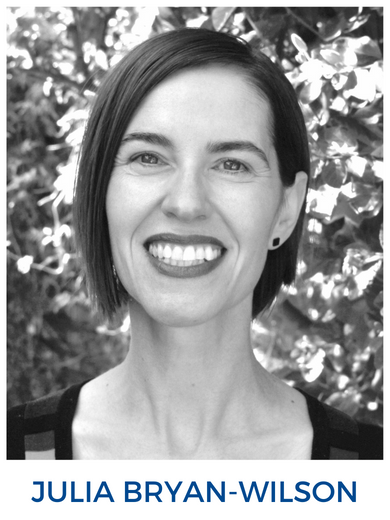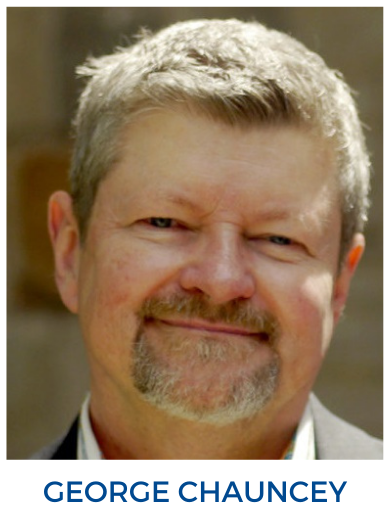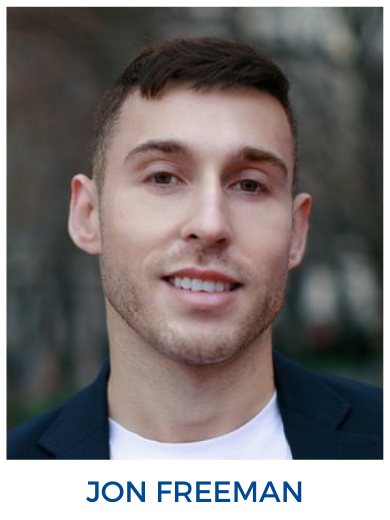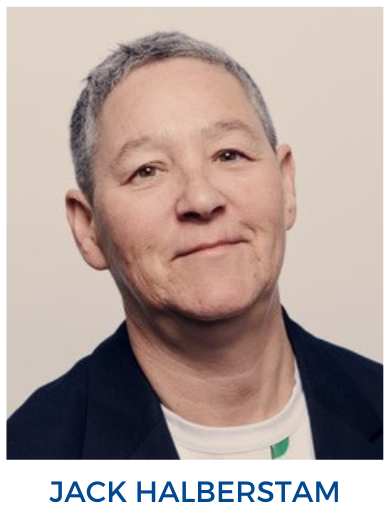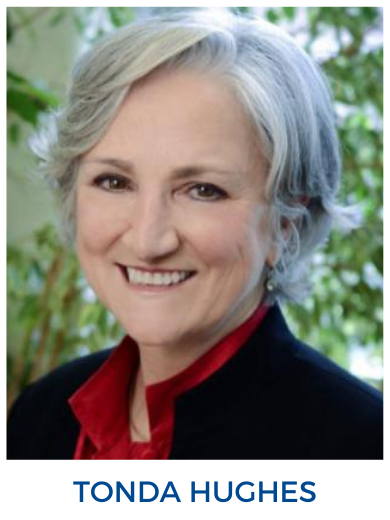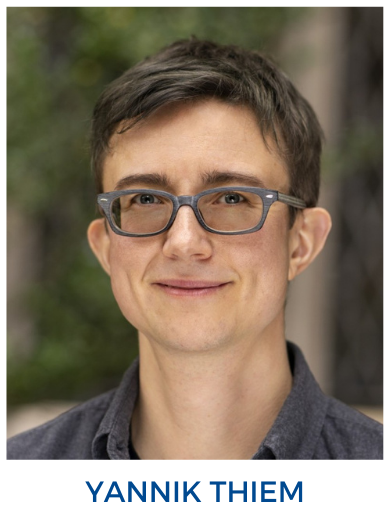LGBTQ+ Scholarship Initiative
The Office of the Provost has pioneered the LGBTQ+ Scholarship Initiative to promote the recruitment of LGBTQ+ scholars to Columbia. In 2016, then-Columbia Provost John Coatsworth established the LGBTQ+ Scholarship Initiative as part of a larger effort to support the University’s diversity goals and climate of inclusiveness. The $3 million initiative called for proposals from University schools, departments, and units to advance the recruitment of outstanding faculty engaged in LGBTQ+ scholarship. This was the first initiative of its kind in the United States. Submissions were solicited via a University-wide request for proposals, and a committee of seasoned faculty members, from both the Morningside and Medical Center campuses, conducted the review.
The Spring 2023 submission deadline has passed. For more information: please click here.
To date, the following faculty members below have been successfully recruited with support from the LGBTQ+ Scholarship Initiative. Please click on their photos to learn more about their work.
Julia Bryan-Wilson, professor of art history and archaeology, teaches LGBTQ Art History and is on the core faculty in Columbia’s Institute for the Study of Sexuality and Gender. Her research interests include feminist and queer theory, theories of artistic labor, performance and dance, production/fabrication, craft histories, photography, video, visual culture of the nuclear age, and collaborative practices.
George Chauncey, DeWitt Clinton Professor of American History and Director of the Columbia Research Initiative on the Global History of Sexualities, works on the history of gender, sexuality, and the city, with a particular focus on American LGBTQ history, and teaches the course Sexuality in the City. He is the author of Gay New York: Gender, Urban Culture, and the Making of the Gay Male World, 1890–1940.
Jon Freeman is Associate Professor of Psychology at Columbia University and director of the Social Cognitive & Neural Sciences Lab. His research focuses on how we perceive other people, such as how we categorize others into social groups, infer their emotion or personality via facial cues, and more generally how we understand and react to our social world. Jon's advocacy work is focused on blind spots in U.S. STEM diversity efforts, particularly LGBTQ disparities in STEM. Since 2018, he has been working to have sexual orientation and gender identity (SOGI) demographics incorporated into official data collection and reporting systems of the U.S. government and higher education that are used to ensure the inclusion and equal opportunity of underrepresented groups in STEM, all while maintaining appropriate privacy and confidentiality standards.
Jack Halberstam, Professor of Gender Studies and English and Director of the Institute for Research on Women, Gender, and Sexuality, teaches on such topics as queer failure, sex and media, subcultures, visual culture, gender variance, popular film, and animation, and recently published Wild Things: The Disorder of Desire (2020).
Tonda Hughes, Henrik H. Bendixen Professor of International Nursing (in Psychiatry) and Associate Dean for Global Health, has a distinguished career in substance abuse research focusing on women’s mental health and is an internationally recognized expert in sexual minority (lesbian and bisexual) women’s health. Her pioneering studies on the predictors and consequences of alcohol use among sexual minority women have received NIH funding since 1999 and have grown into the world’s longest-running longitudinal study of alcohol use and health among sexual minority women.
Yannik Thiem, Associate Professor of Religion, examines how the meanings and possibilities of worlds and experience are shaped through textual, ritual, architectural, aesthetic, embodied, and spatial transmissions, and how such meaning-making and investment with value are bound up with gender, race, sexual desires, ability, coloniality, class, and age. Their current project is entitled Queer Nuisances: Race, Religion, Sex, and Other Monsters.
To build upon the work of fostering an affirming climate for LGBTQ+ members of the Columbia community and allies alike, the Office of the Vice Provost for Faculty Advancement produced the Columbia University LGBTQ+ Guide and companion resources website. Taken together, these projects aim to honor Columbia’s rich LGBTQ+ history, to highlight hubs of LGBTQ+ scholarship, to celebrate major advancements in LGBTQ+ law and policy, and to provide a clearinghouse of on- and off-campus resources.

